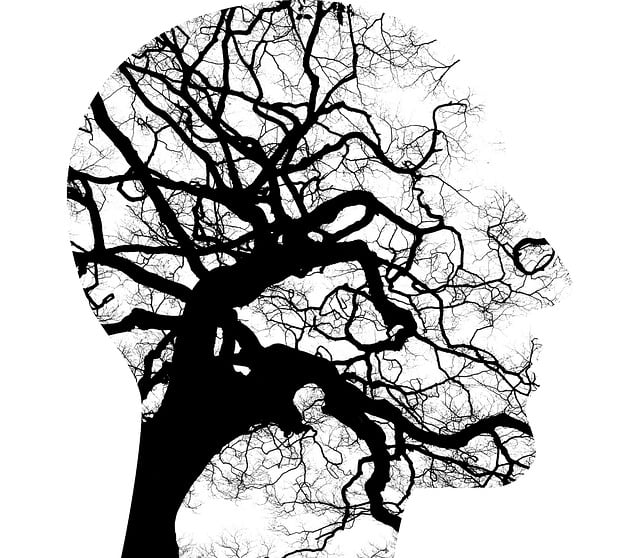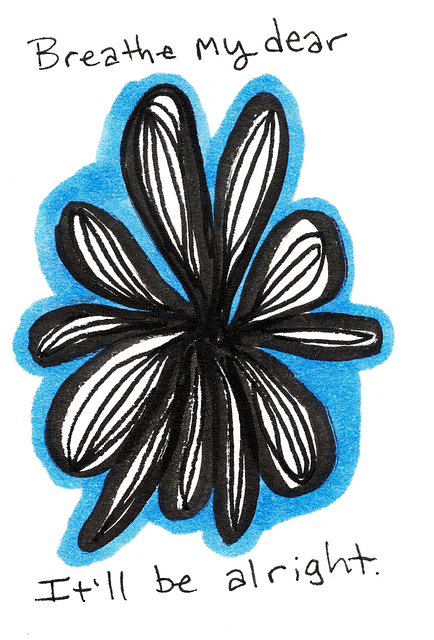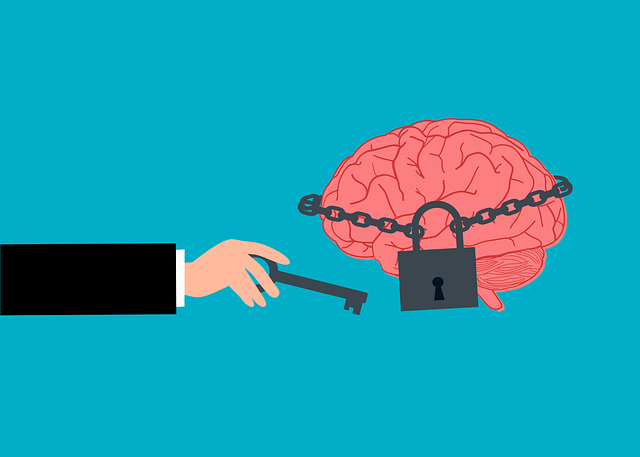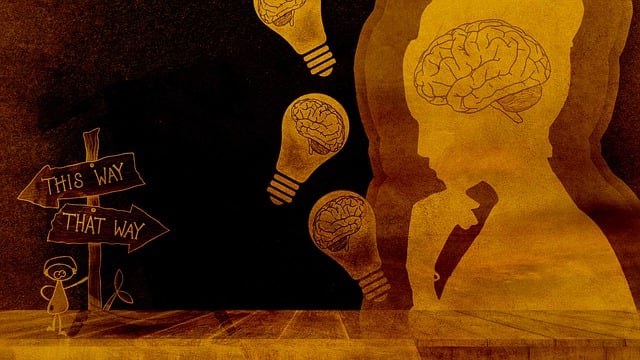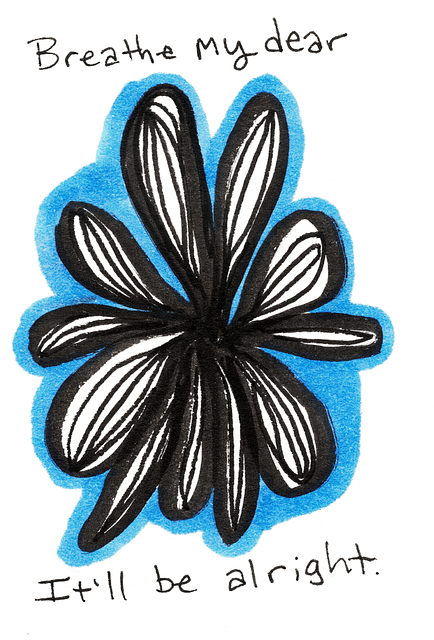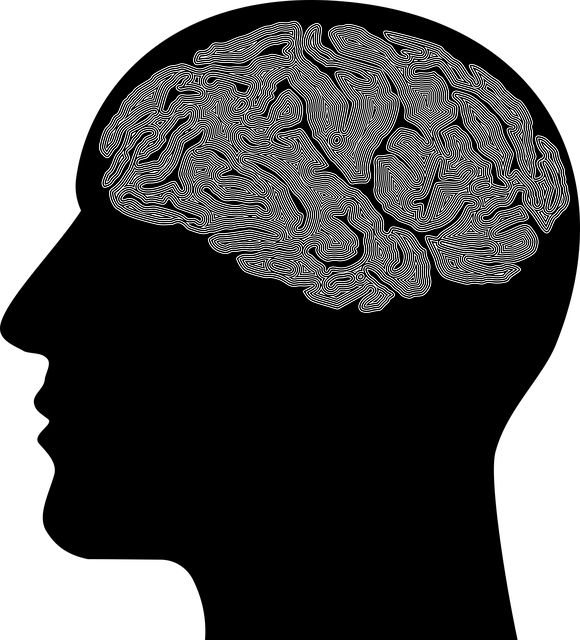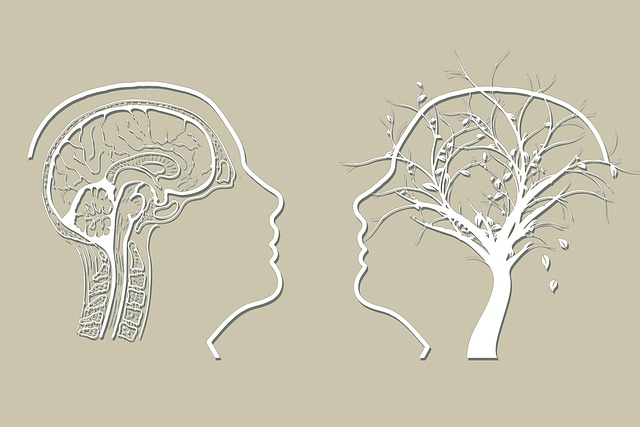In geriatric crisis intervention, the Parker Geriatrics Therapy approach is a holistic framework that prioritizes cultural sensitivity and tailored care. By assessing psychological, social, cultural, and physical aspects, this method identifies risk factors, stabilizes patients, and reduces mental health stigma. Community outreach programs and post-crisis tailored therapy enhance recovery, resilience, and quality of life for elderly individuals, empowering them to manage conditions like anxiety effectively.
“In the realm of geriatric care, effective crisis intervention is paramount to ensuring the well-being of elderly individuals. This article explores strategic guidance, offering a comprehensive look at navigating crises through the lens of Parker Geriatrics Therapy. We delve into understanding this therapeutic approach, practical assessment and stabilization techniques, and post-crisis support strategies aimed at enhancing quality of life for older adults. By implementing these evidence-based methods, caregivers can provide timely, effective intervention.”
- Understanding Crisis Intervention in Geriatric Care: The Parker Therapy Approach
- Practical Strategies for Assessing and Stabilizing Elderly Individuals during Crises
- Post-Crisis Support and Recovery: Enhancing the Quality of Life for Older Adults
Understanding Crisis Intervention in Geriatric Care: The Parker Therapy Approach

In geriatric care, crisis intervention strategies are pivotal for addressing acute mental health episodes among elderly individuals. The Parker Geriatrics Therapy approach stands out as a nuanced framework designed to understand and manage such crises effectively. This therapy emphasizes holistic assessment, considering not just the individual’s psychological state but also their social, cultural, and physical well-being. By integrating this multifaceted perspective, healthcare providers can offer more tailored and compassionate care during challenging times.
The Parker approach places significant emphasis on Cultural Sensitivity in Mental Healthcare Practice and Healthcare Provider Cultural Competency Training. Recognizing that every patient brings a unique set of beliefs and experiences to the therapeutic table, this method ensures that interventions are respectful and relevant to the individual’s background. Such cultural sensitivity is crucial for building trust and fostering effective communication, elements essential in a Mental Health Policy Analysis and Advocacy context where policy changes often hinge on successful clinical outcomes.
Practical Strategies for Assessing and Stabilizing Elderly Individuals during Crises

When responding to crises involving elderly individuals, a structured and empathetic approach is vital. Assessment should begin by gathering comprehensive information about the person’s living situation, medical history, and current support systems using techniques like those offered in Parker Geriatrics Therapy. This foundational step enables professionals to identify potential risk factors and tailor interventions accordingly.
Stabilization strategies must address both physical and emotional needs. For mental health crises, incorporating Emotional Regulation techniques proven effective in reducing stigma associated with mental illness can foster a safer, more supportive environment. Community Outreach Program Implementation can also play a significant role by offering additional resources and social connections, which are crucial for elderly individuals’ resilience and long-term recovery.
Post-Crisis Support and Recovery: Enhancing the Quality of Life for Older Adults

After a crisis, providing adequate support and facilitating recovery processes are essential to enhance the quality of life for older adults. This stage is critical in ensuring individuals can rebuild their lives and regain a sense of stability and well-being. One effective approach is implementing tailored Parker Geriatrics Therapy programs that address not only the immediate physical needs but also the psychological and social aspects of recovery. Such therapy can play a pivotal role in managing conditions like anxiety relief, which often manifests post-crisis, particularly in the elderly population.
Community outreach program implementation and mental illness stigma reduction efforts are integral components of this process. Engaging with local communities allows for the creation of supportive networks that foster social connection and encourage proactive mental health management. These initiatives can significantly contribute to the overall recovery and resilience of older adults, offering them a sense of belonging and empowerment as they navigate the challenges post-crisis.
The article has explored crisis intervention strategies specifically tailored for geriatric care, highlighting the significance of understanding elderly individuals’ unique needs during crises. The Parker Geriatrics Therapy approach offers a comprehensive framework for assessing and addressing these complex situations. By combining practical assessment techniques with post-crisis support, as discussed in this piece, caregivers can significantly enhance the quality of life for older adults facing challenges. These strategies not only stabilize individuals in the moment but also foster long-term recovery, ensuring a more secure and fulfilling future for the elderly population.
